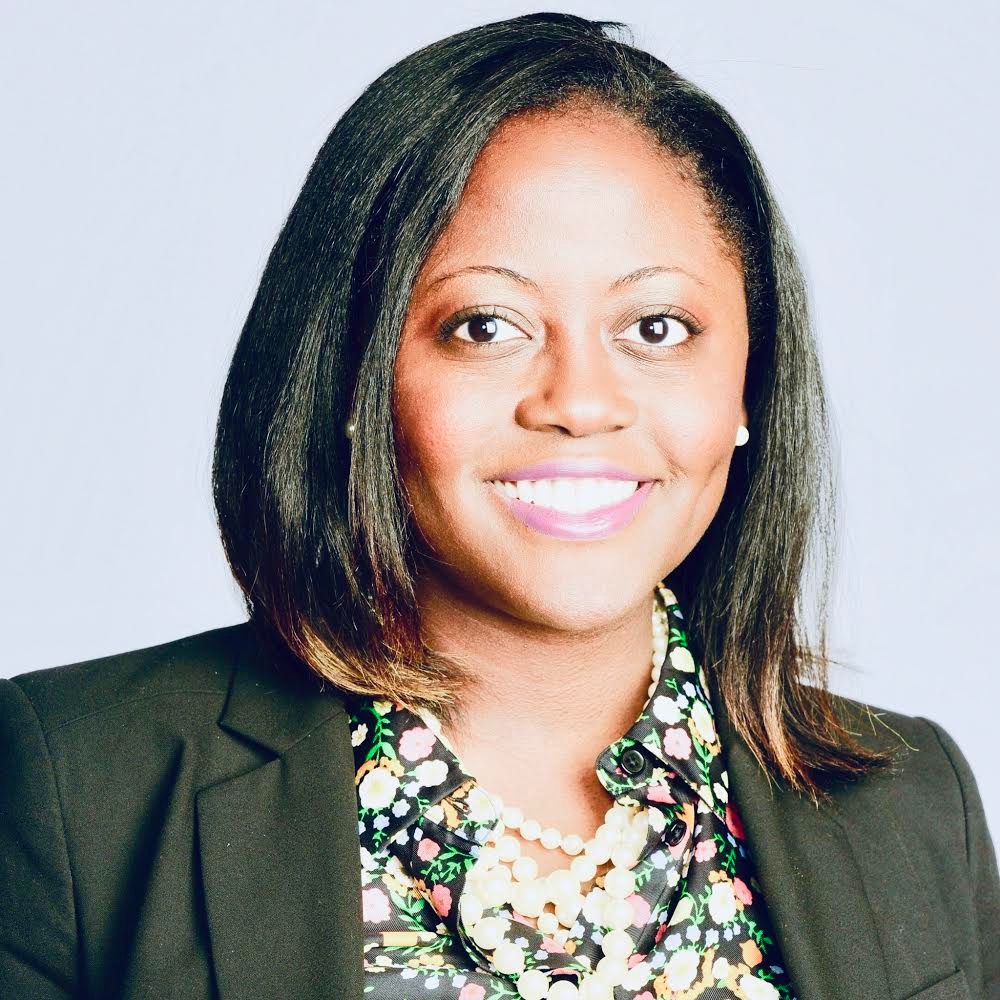With the hybrid schedule well underway is there anything you have noticed that students can improve upon to improve promoting Diversity, Equity, and Inclusion?
Whether in-person or remotely, I always encourage young people to build their awareness of the issues of equity. For instance, consider your friend circles. Do they illustrate a commitment to diversity? Are you often friends with those who look like you, share similar interests? Or are you stepping out of your comfort zone to initiate friendships across lines of difference? How are you growing in empathy for the experiences of peers who may have dissimilar experiences to your own? These are questions that require introspection and self-reflection — processes that are integral to growing into a person who lives out the values of diversity, equity, and inclusion in thought, word, and deed.
Because the election has been so polarizing, how should students go about talking about it while being respectful towards others?
Students should remember that while they are entitled to hold strong opinions about the election and its aftermath, no one has the right to challenge another person’s humanity due to ideological disagreement. No one has the right to interfere with another person’s ability to feel a sense of belonging. We can disagree on issues, but ultimately students, too, have the responsibility to uphold our core values, especially the value of respecting human differences.
What impact does Kamala Harris being the first women vice president along with being the first African-American vice president have on the DE&I?
We, like many others across the nation, look to the historic implications for Senator Harris’ ascendency to becoming Vice President-elect. We recognize the intersectional nature of Senator Harris’ election, and celebrate the progress that her accomplishment represents for women, but especially for women of color. Senator Harris’ rise provides young people, particularly young women of color — Black, South Asian women — to see themselves in her, and what is possible for their own vocational aspirations.
With Thanksgiving coming, is there anything that students can do to make sure they are respecting people’s cultural heritage?
Students can take the initiative to explore the full history of Thanksgiving, particularly from the experience of Indigenous Peoples. Students can seek to learn about Thanksgiving in a way that is socially responsible, rejecting stereotypes and perhaps traditions that exclude, or prioritize the settlers’ experience over that of Indigenous Peoples. That is one way for students to choose cultural competence as a learning disposition in regard to Thanksgiving.
Will the DE&I be doing anything for Native American Heritage Month in November?
We don’t have specific programming planned but have shared resources for educators to learn about perspectives that center on the history, culture, and experiences of Native Americans.

